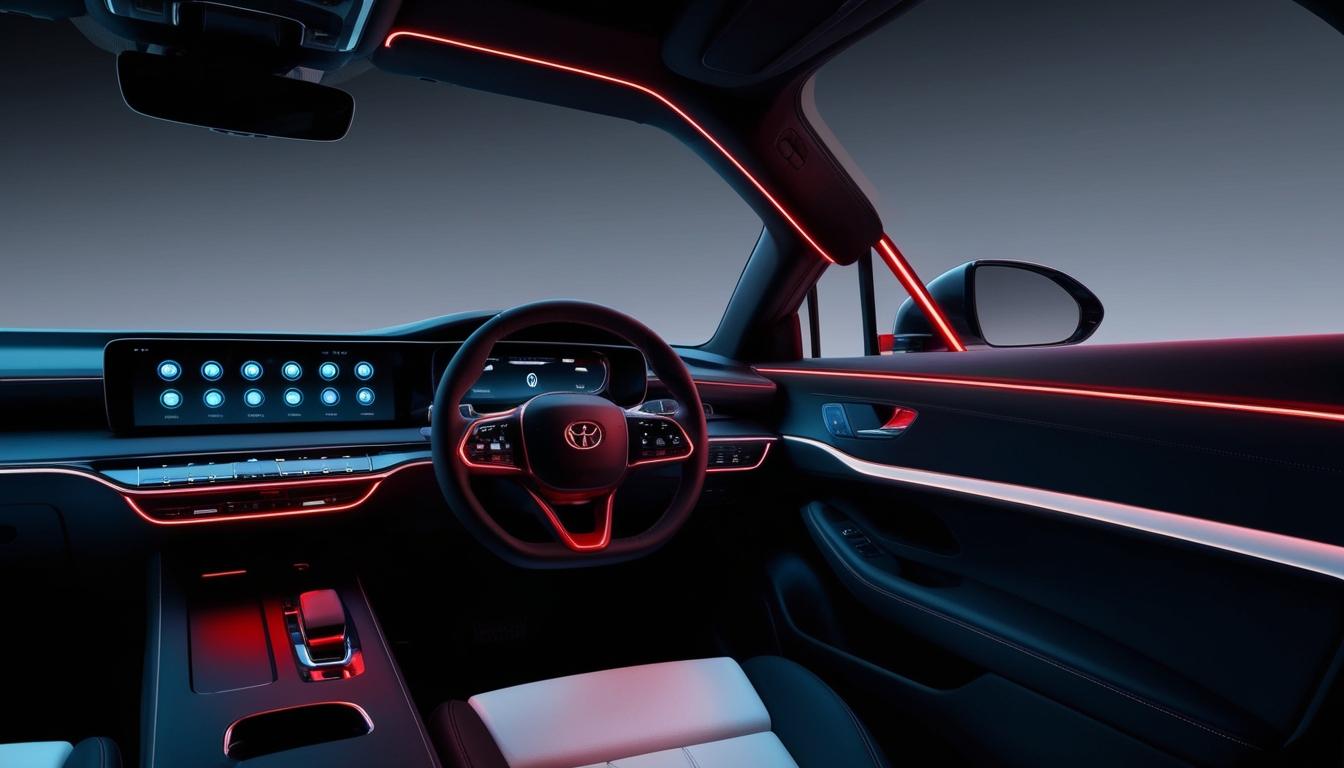The automotive sector is undergoing significant transformation as partnerships between traditional automakers and technology companies reshape vehicles into interconnected, software-driven products. This shift is largely fuelled by advancements in artificial intelligence (AI), which holds the potential to redefine customer interactions and revolutionise the overall driving experience.
At the CES 2025 Conference held in Las Vegas on January 8, a panel entitled “The New Era of the Automotive Ecosystem” featured industry leaders such as Wassym Bensaid, chief software officer at Rivian; Patrick Brady, vice president of Android Automotive at Google; and Nakul Duggal, group general manager for Automotive, Industrial & Embedded IoT, and Cloud Computing at Qualcomm. These experts discussed the comprehensive digital transformation taking place in the industry, which no longer centres solely on the mechanical aspects of vehicles but increasingly on the software that enhances user experience.
Wassym Bensaid emphasised that “the biggest change is the increasing importance of software,” explaining that software is now fundamental to the automotive experience. Drawing a parallel with the smartphone revolution, he noted, “It’s not about the specs of your engine. It’s about the types of experiences and features your car can offer.” This perspective indicates a shift in focus from traditional metrics of car performance to a more holistic view centred around user experience.
The integration of AI into vehicles is also poised to redefine how drivers interact with their cars. Nakul Duggal remarked that he believes AI's advancement in automotive technology will outpace similar developments in mobile devices. He stressed the necessity of collaboration among industry players to bring about a cohesive ecosystem where groundbreaking innovation can thrive.
Patrick Brady highlighted the evolution from a fragmented auto industry to one focused on building common platforms that encourage innovation. He mentioned how Google has worked to integrate its technology, such as Google Earth, into vehicles from brands like Volkswagen and Audi. “We needed to build common platforms. We believe open platforms are the most powerful,” he asserted, indicating the industry's aim to simplify and enhance the user experience through shared technological advancements.
The importance of a seamless and interconnected ecosystem was a recurring theme in the discussion. Brady noted that this digital transformation requires an integrated effort among stakeholders, bringing together their specialized expertise to create connected car experiences. Duggal added that Qualcomm's approach has centred on collaboration, fostering transparency while bringing together various ecosystems to drive innovation.
Bensaid explained the significance of connected architecture in redefining customer relationships, stating that modern vehicles can evolve and improve even after sale. “The beauty of connected architecture and connected cars is we can redefine the customer relationship,” he noted, affirming that customer feedback is integral to the development process.
Looking towards the future, the panelists expressed optimism about the role of AI in further transforming the automotive industry. Brady stated, “As you bring AI into the vehicle, I think it will completely transform the customer experience,” highlighting that AI has the potential to facilitate conversational interactions between drivers and vehicles. Bensaid echoed this sentiment, envisioning a future where voice-first experiences enhance engagement, aiming for a seamless user experience that feels effortless.
The prospects of AI and interconnected technology in vehicles suggest a dramatic evolution in automotive practices, solidifying the idea that research and innovation will continue to shape the future of transportation. With vehicles evolving into sophisticated digital lifestyle products, the implications for consumers and the industry as a whole are profound and vast.
Source: Noah Wire Services
